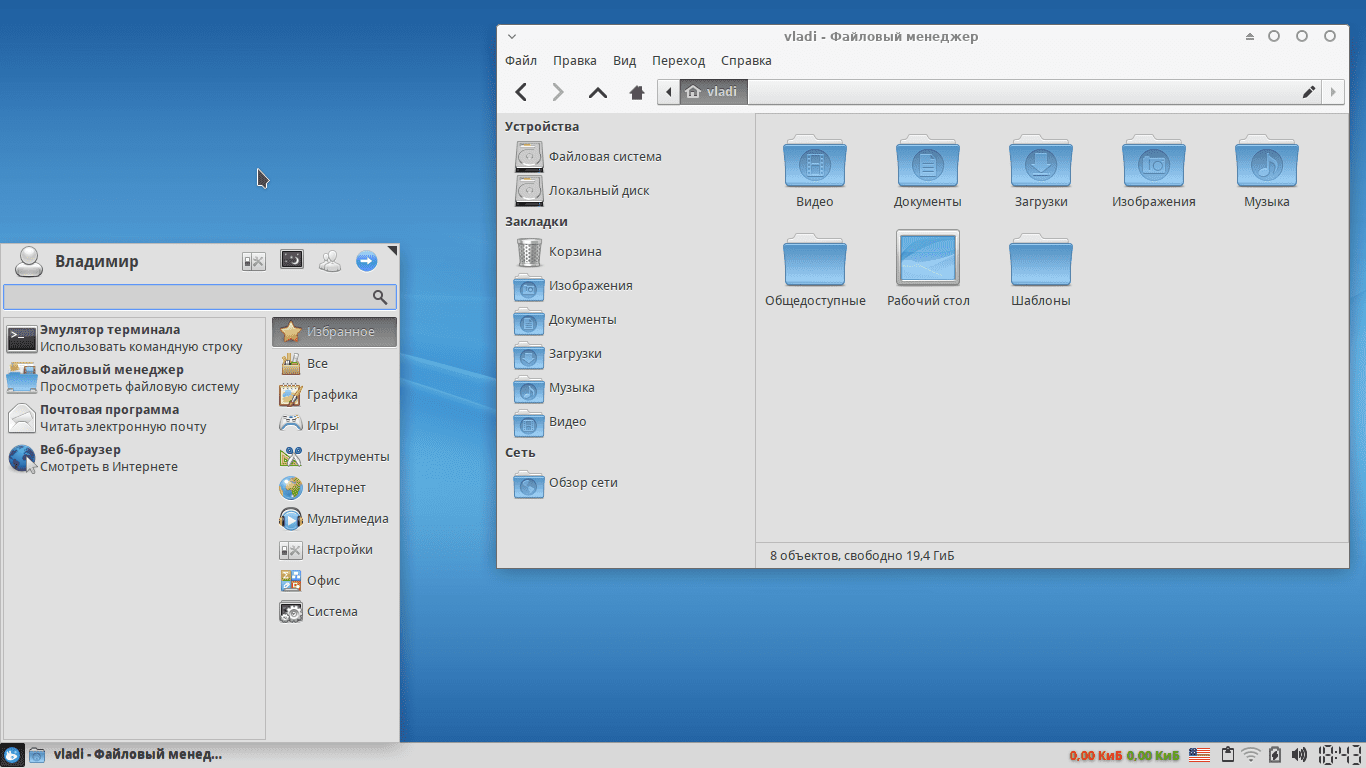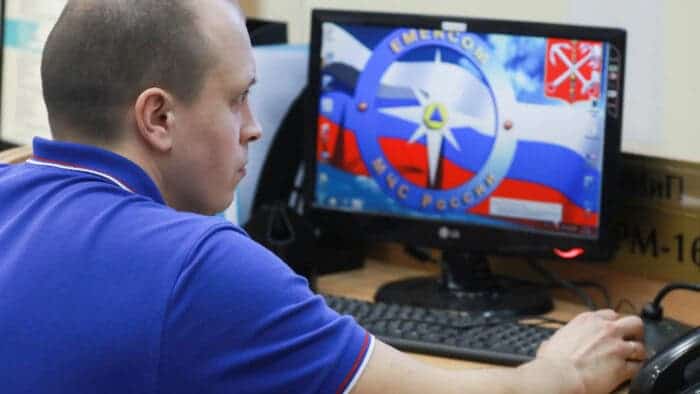The Russian software market has welcomed a new operating system called “M OS,” which is based on the Linux kernel. The operating system is specifically designed for use in educational institutions and is being developed by the Department of Information Technologies of the city of Moscow. The team responsible for the development of electronic services and IT systems in the capital has collaborated with Russian developers to create “M OS.”
A team of 25 developers has worked on the development of “M OS”. And the distribution kit took six months to develop. The product is already supplied to Moscow schools as part of personal computers, laptops, and interactive panels. The Moscow Electronic School (MES) project team is supporting and developing “M OS.”
“The MES team is supporting the operating system and its development,” a representative told CNews. The OS website does not indicate on the basis of which distribution the Russian OS was created. There is also no information that it is included in the register of the Ministry of Digital Development.
The M OS distribution kit includes popular browsers such as Chromium and Mozilla Firefox, email clients like Mozilla Thunderbird and Evolution, office suites like P7-Office and LibreOffice, and other tools for creating screenshots, recording video from the screen, and working with files. The system supports role differentiation for teachers, parents, and students, and uses the KDE graphical environment.
M OS is a new Russian OS already being delivered to Moscow schools

“M OS” offers several built in applications and specialized programs for teachers and students. And it is not the only domestic operating system for the educational segment. Basalt SPO, Red Soft, and Astra Linux are other companies offering their solutions in this area. “M OS” has several advantages, such as a simple and intuitive interface, stable and reliable operation. As well as a high level of cybersecurity.
At least one “M OS” operating system for interactive panels is running in almost all schools in Moscow. According to a source close to the development. Additionally, “M OS” is running on all supplied devices within the framework of the “Laptop for Every Teacher” project. Which aims to replace office laptops for all Moscow teachers, including primary school teachers.
The MOS will replace Microsoft Office in metropolitan schools, according to a source close to the development. It is important to note that other domestic operating systems like “Viola,” “Basalta SPO,” and “Astra Linux” have long been in use in Russian schools. With the number of implementations of these systems growing. For example, the number of Russian operating system licenses delivered to educational organizations in the first half of 2022 increased six times compared to the same period in 2021. With approximately 150,000 Astra Linux OS licenses delivered to schools.
However, there are concerns that “M OS” may be an inferior and simple product compared to Astra Linux, according to a source in the market of Russian operating systems. Some also argued that it is “meaningless” to assess the quality of “M OS”. Since it makes no sense to create another Linux distribution. He suggests that developers should consider acquiring licenses for existing domestic operating systems. And address any missing functionality that customers may require. This will result in only one really powerful and advanced operating system.
In conclusion, the development of “M OS” offers an additional domestic operating system option for educational institutions in Russia. The support of the Moscow Electronic School (MES) project team. Along with the pre installed applications and specialized programs for teachers and students. Wichi may make it a popular choice for Moscow schools. However, they should adress the concerns about its quality and functionality must be before it can be widely available.





